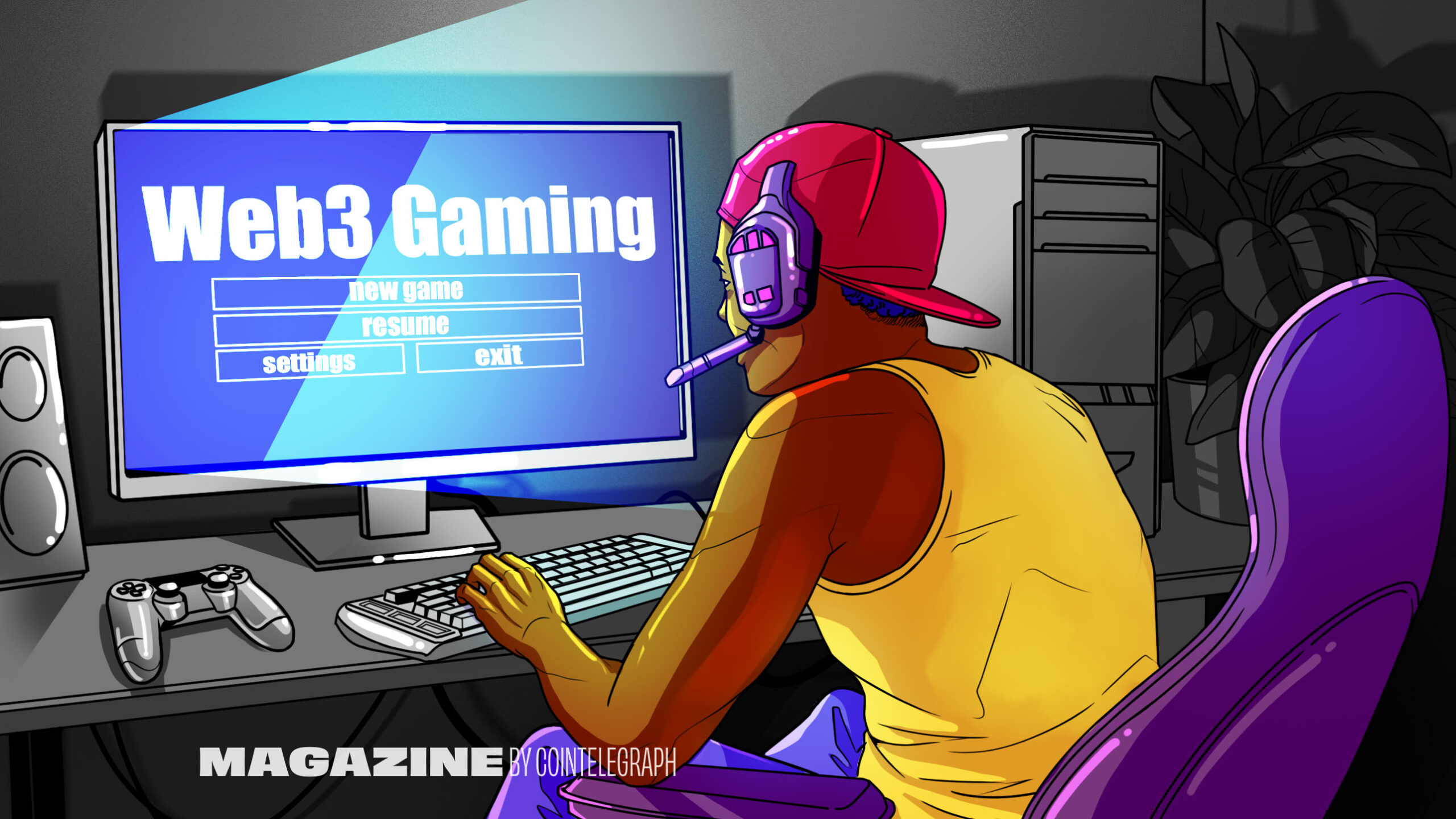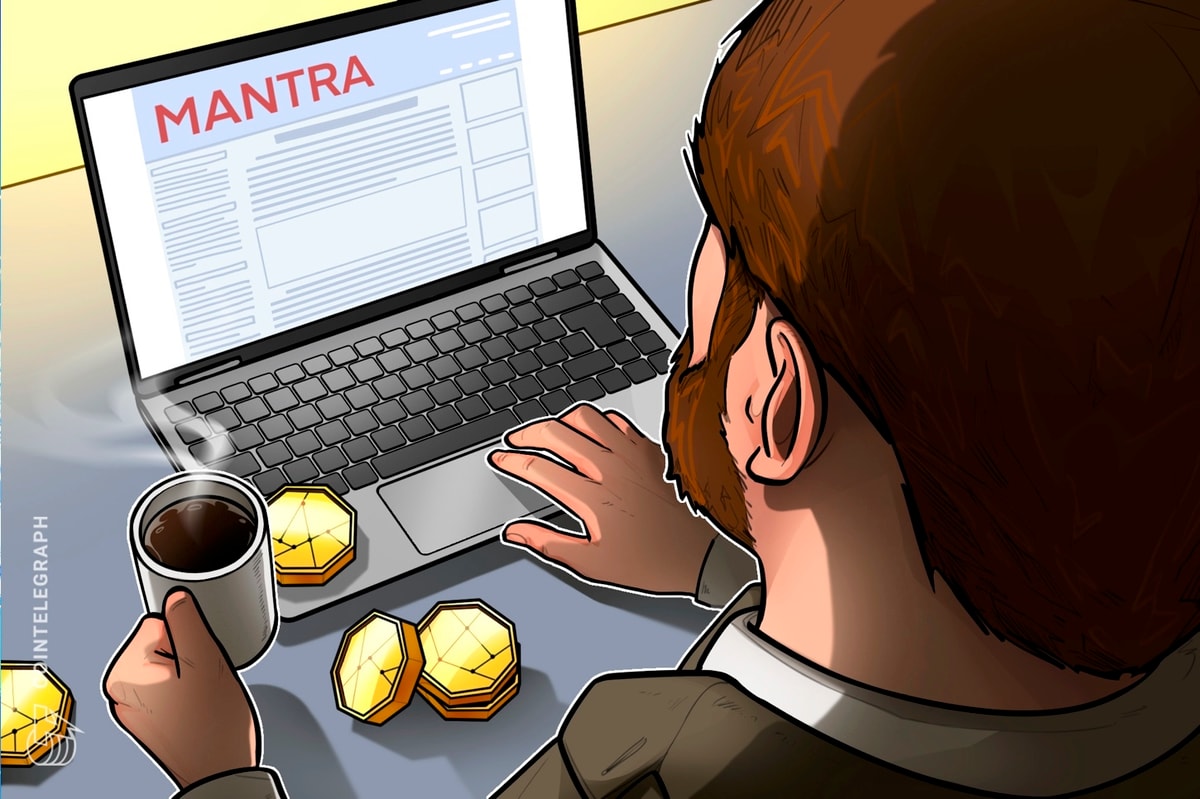As Web3 and blockchain technology continue to fuel a thriving new age industry, leaders in policy and practice are seeking to champion Web3-friendly political officials and policy makers who believe in unlocking the technology’s full potential.
Sunshin3 is a Florida-based political non-profit founded by Samuel Armes, Gary Sheng and myself: “three leaders passionate about freedom and Florida.” Sunshin3 is Committed to making Florida the capital of Web3 and blockchain innovation, and our proclaimed goal is to be an educational resource and serve as a thought leader on proposed Web3 legislation. We intend to reach our goals by (i) developing legislation that will support both economic growth and Web3 innovation in Florida, (ii) directing campaign contributions to “Web3 Champion” political leaders, and (iii) hosting events that will attract interest and investment in Florida web3. I think that Samuel Armes has already done a great job in this regard.
As a Florida attorney (and having watched Web-3 grow all over the world), I think that Florida is uniquely poised to provide a “laboratory of experimentation” and spark a fire that unleashes true decentralized technology and infrastructure for humanity.
The Importance of DAOs
In accordance with our non-profit’s purpose, I am proposing a bill to appropriately recognize Decentralized Autonomous Organizations as legal entities in Florida and hopefully solve some of the legal ambiguities that are poised by many Web-3 Builders and entrepreneurs that are focused on building core technology infrastructure.
As of now, Web3 companies typically opt to register as nonprofit organizations overseas due to the perceived risk of issuing tokens in connection with a “for profit” entity. This has only served to send resources out of the United States/Florida and consequently lower the amount of revenue potentially collected by the government with relevant filing/organizational fees and potentially even tax revenue. To be clear, I have always been a proponent of encouraging Web-3 entrepreneurs to come up with legal strategy and nexus in the US, but it remains the industry perception that protocols can potentially avoid onerous regulations (or perhaps mitigate such nexus of the federal government) by incorporating off-shore or excluding U.S. citizens at all from participating in certain Web-3 projects. This is a sad state of affairs from a policy perspective and we are indirectly and (unconsciously through failure to act), pushing Web-3 companies to other jurisdictions. Of course, I think the US has some of the best minds in Web-3: Brian Armstrong, CEO of Coinbase and Sam Bankman-Fried, Founder of FTX, have done a tremendous amount for the industry. However, we cannot expect them to do all the heavy lifting at the state and federal level.
We hope to create a jurisdiction where software innovation can flourish under self-governance; allowing a DAO to register as an LLC or corporation and providing liability even in the absence of incorporation will create a safe haven for open-source software innovators who are working for the public good.
Sunshin3 co-founder Gary Sheng, a named Forbes’ 30 Under 30 entrepreneur and Web3 innovator, is a prime example of the community members we are working towards attracting. Sheng is also co-founder of Civics Unplugged, a non-profit ecosystem empowering the next generation of leaders with the training, funding, and community needed to become civic innovators. Sheng echoes the importance of this bill: “DAOs are a novel type of organization that will help people accomplish goals and advance society in ways that traditional organizational structures won’t. It’s important that states understand this. I am encouraged by the openness by the legislators and regulators I have spoken to in Florida.” We hope that this bill will encourage more projects like Civics Unplugged, and unlock other entrepreneurial potential that may be stifled by regulatory uncertainty.
Legislation Recommendations
While the draft is not complete, these are the five core concepts as of now:
- Defining the DAO: A “Decentralized Autonomous Organization” (“DAO”) is any “automated transaction” or “smart contract” consisting of two or more individuals, algorithms, or smart contracts responsible for executing transactions from any given blockchain smart contract wallet.
- Liability: No DAO member or participant, smart contract, algorithm, or wallet shall be liable to any other DAO member or participant, smart contract, algorithm, or wallet.
- Entity Structure: A DAO may register as a Corporation or Limited Liability Company, so long as the Articles of Incorporation or Organization reflect the smart contract that confers DAO participation and governance rights upon the member, participant, smart contract, algorithm, or wallet.
- Conflict: In the event of a conflict between Florida Law and the governance mechanics of the DAO, the governance mechanics procedures of the DAO will supersede.
- Capital Raising: A DAO may raise unlimited amounts of capital, so long as the DAO governance is reflected in a publicly identifiable way and relates to open-source software; provided, however, that any “off chain” transactions facilitated via traditional banks will require registration of the DAO in Florida as well as the posting of public financial statements. Such financial statements shall be subject to reasonable inspection rights by the Commissioner of the Secretary of State of Florida.
While staying consistent with the Sunshine Law, the bill acknowledges that a DAO can be unincorporated while still receiving liability protection. Samuel Armes, Sunshin3 co-founder and founder of the Florida Blockchain Business Association (“FBBA”) expressed his support for the bill saying, “John Montague’s proposed bill is based off sound logic and industry standard representing both comprehensive understanding and forward thinking. At a minimum, this bill will open good dialogue with the right stakeholders and law makers in Florida.”
Collaborations
Sunshin3 has been working closely with ATX DAO, a DAO based in Austin Texas, promoting Web3 and crypto-friendly innovation, as they draft similar language for DAO legislation in Texas.
“Over the last few years, DAOs have become the epicenter of blockchain innovation. Given the crucial role DAOs play in the crypto ecosystem, we are convinced that, if our states and our nation want to remain at the forefront of blockchain innovation, it must explicitly recognize DAOs as legal entities within their jurisdictions. Some states have been moving the needle in the right direction, though we believe that the problem of DAO operations under a legal business entity framework has not been fully cracked yet. In Texas, we are leveraging world-class DAO legislation expertise and cross-state partnerships with Florida crypto legislative experts to find a pragmatic yet effective solution to the challenge.” – Sam Padilla, ATX DAO Contributor
In August of 2022, ATX DAO testified in front of the Texas Work Group on Blockchain Matters on DAO legislation with the same goal as Sunshine3: legal recognition for DAOs. ATX DAO is proposing that a first step towards that goal can be taken by amending the current Texas LLC statutes to encompass DAOs and provide legal clarity for current and future organizations.
In coordination with the Texas Blockchain Council, they have prepared a draft of suggested language changes to the LLC statutes for initial consideration. The focal point of their proposal is the idea that DAOs should be free to choose to operate without incorporation (if such operations take place explicitly on-chain) or choose to incorporate as any entity that best suits their needs. The organization’s ability to choose is reflected by ATX DAO’s proposed definition of “DAO” as a group of individuals rather than its own entity. Suggested amendments to the current statutes include the addition of DAO and DAO technology language such as “electronic data system” and “computer code agreements” that will legally back the DAOs operations. ATX believes that by integrating DAO language into current legislation, the legal clarity and recognition will guide prospective DAOs, encourage crypto-business and make Texas a leader in crypto innovation.
“When asked about our DAO legislation work, I often joke by saying that, as an engineer, the last thing I expected when I decided to move full-time into the space was to become an unofficial expert in the Business Organization Code. But this is important work, and it needs to get done. And what better way to get it done than by using both the academic expertise of legal scholars and the empirical wisdom of DAO operators across the state, all while listening to the crypto community at large.” – Sam Padilla.
A Need for Reform
I am introducing this proposal during a prime and pivotal state of the digital asset industry. Now more than ever, policy makers are taking notice of the shortcomings in the current regulatory environment and calling for action. Most recently, Senator John Hickenlooper (D-Colo.) sent a letter to the SEC on October 13, 2022 urging them to issue a new regulatory framework for digital assets stating, “whatever the risks and benefits of these new assets might be, existing laws and regulations were not designed to deal with how digital assets are being used in the market.” In his letter he recommends that the SEC must clarify which digital assets qualify as securities and how to issue and register those that do, and establish explicit guidelines regarding disclosure requirements, registration for digital asset securities trading platforms, and the trading and custody of digital assets.
Hickenlooper believes that “Clear rules promote an environment where investors are protected; responsible financial innovation is enabled by providing clear rules-of-the-road to market participants; and investor confidence is built through stakeholder feedback.” My DAO bill intends to serve the same purpose. Anessa Allen Santos, Managing Attorney at IntelliLaw and fellow board member of the FBBA, reminds us that “DAOs that intend to operate outside of securities regulations must be carefully designed around the Howey test that regulates securities issued by common enterprises,” thus, clear policy for DAOs is necessary for appropriate design, and clear regulatory framework for digital assets as a whole is critical to the industry.
Read More: news.google.com









 Bitcoin
Bitcoin  Ethereum
Ethereum  Tether
Tether  XRP
XRP  Solana
Solana  USDC
USDC  TRON
TRON  Dogecoin
Dogecoin  Cardano
Cardano  Lido Staked Ether
Lido Staked Ether  Wrapped Bitcoin
Wrapped Bitcoin  LEO Token
LEO Token  Avalanche
Avalanche  Chainlink
Chainlink  Stellar
Stellar  USDS
USDS  Toncoin
Toncoin  Shiba Inu
Shiba Inu  Sui
Sui  Wrapped stETH
Wrapped stETH  Hedera
Hedera  Bitcoin Cash
Bitcoin Cash  Litecoin
Litecoin  Polkadot
Polkadot  Binance Bridged USDT (BNB Smart Chain)
Binance Bridged USDT (BNB Smart Chain)  Bitget Token
Bitget Token  Hyperliquid
Hyperliquid  Ethena USDe
Ethena USDe  WETH
WETH  Pi Network
Pi Network  Monero
Monero  WhiteBIT Coin
WhiteBIT Coin  Wrapped eETH
Wrapped eETH  Dai
Dai  Coinbase Wrapped BTC
Coinbase Wrapped BTC  Uniswap
Uniswap  OKB
OKB  Pepe
Pepe  Aptos
Aptos  Gate
Gate  Tokenize Xchange
Tokenize Xchange  Ondo
Ondo  sUSDS
sUSDS  BlackRock USD Institutional Digital Liquidity Fund
BlackRock USD Institutional Digital Liquidity Fund  NEAR Protocol
NEAR Protocol  Mantle
Mantle  Internet Computer
Internet Computer  Cronos
Cronos  Ethereum Classic
Ethereum Classic